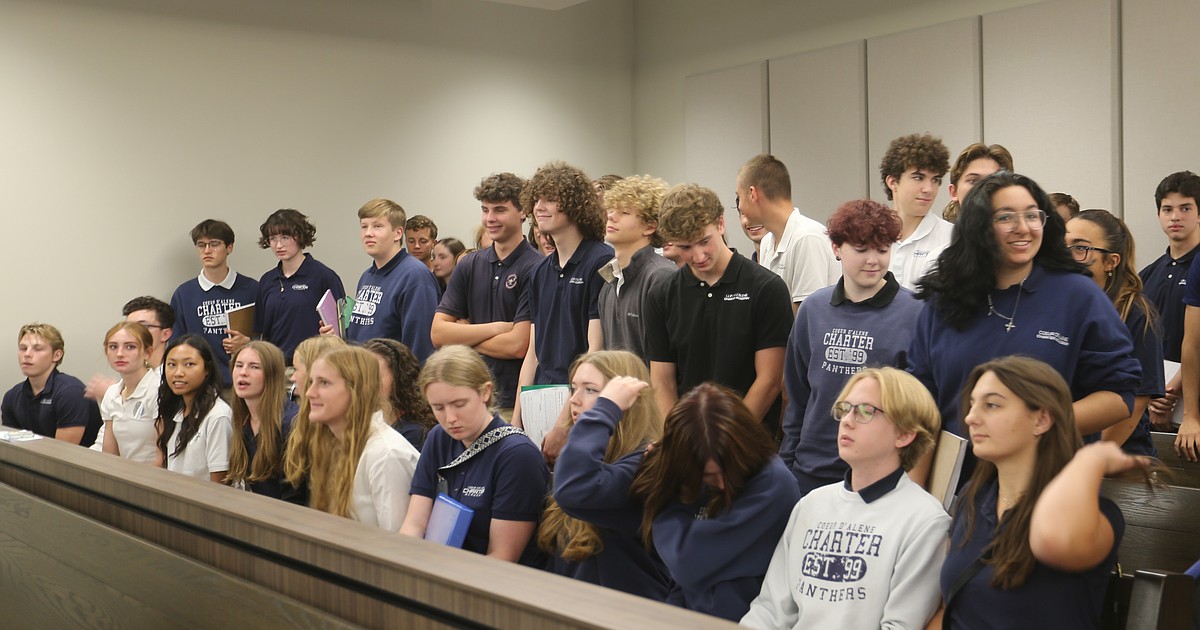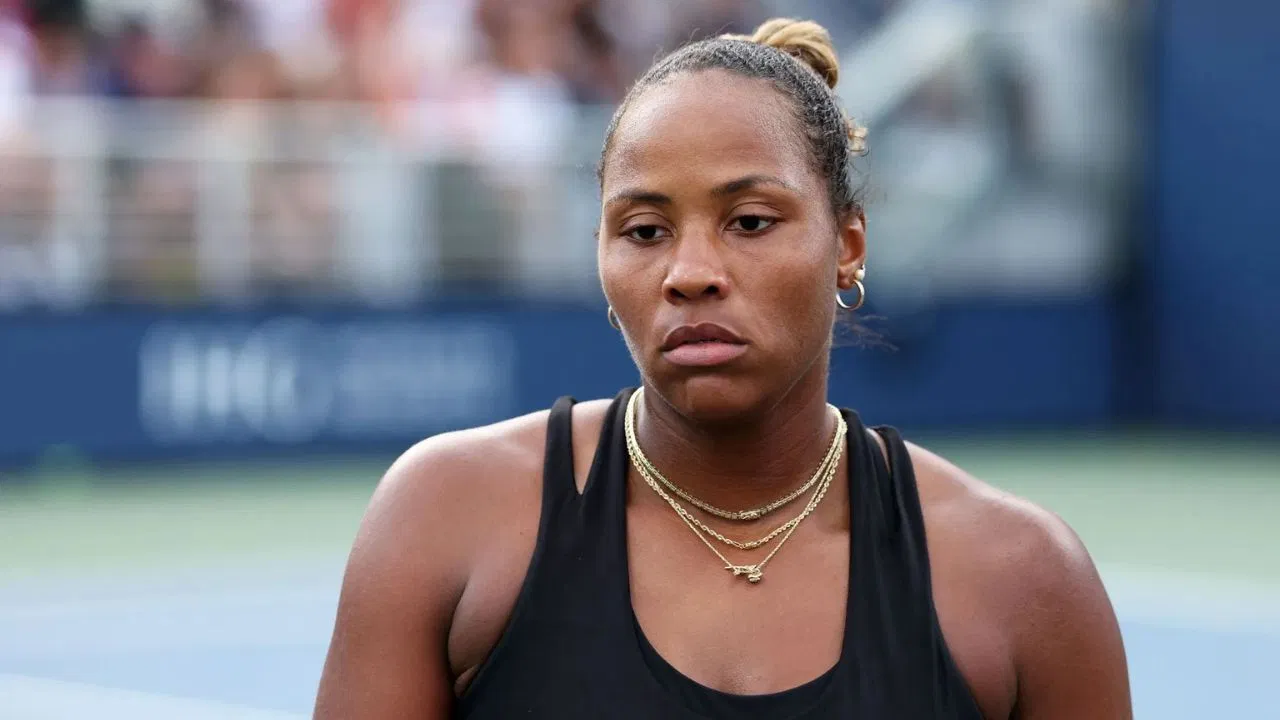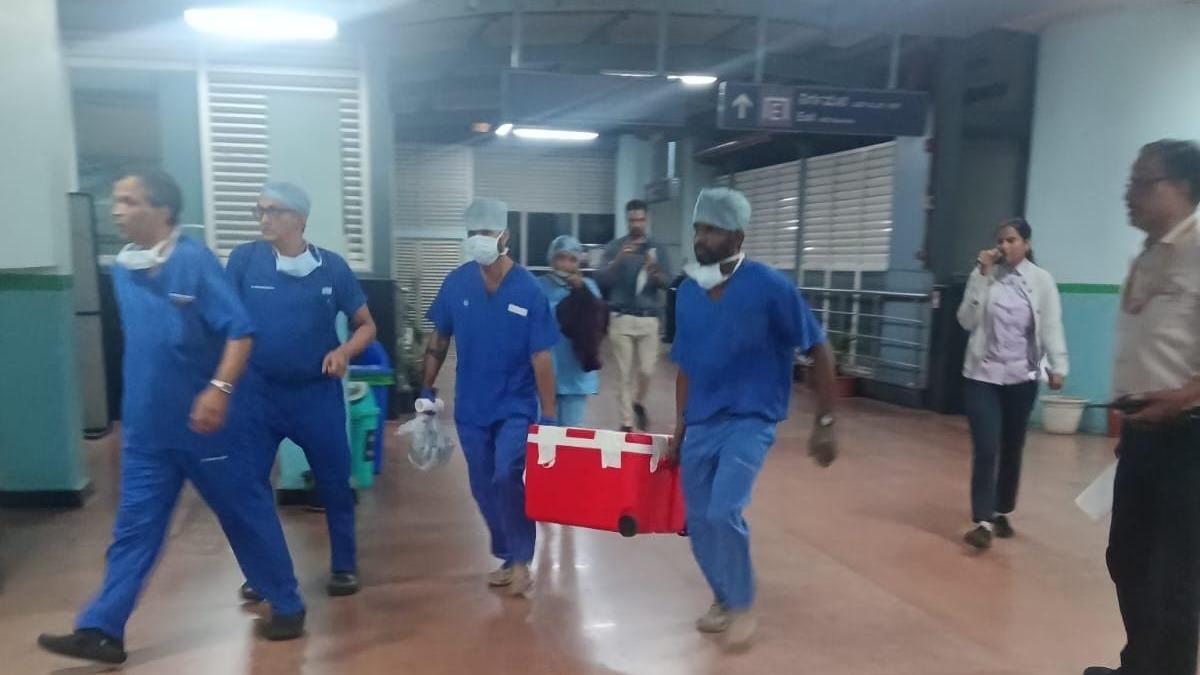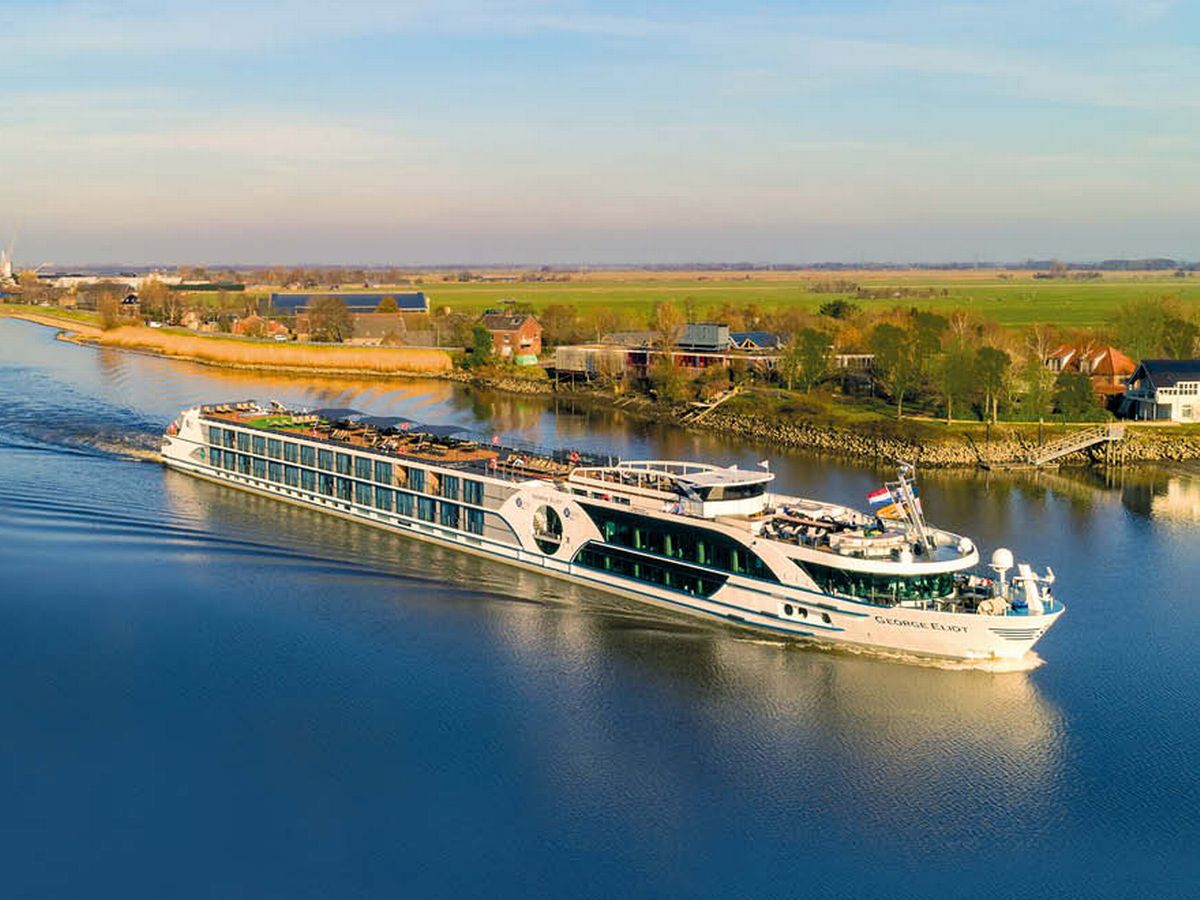
COEUR d’ALENE — While Kootenai County’s newly expanded Justice Building hosted the Idaho Supreme Court for the first time this week, Coeur d’Alene Charter Academy students had a chance to see the judiciary at work.
Idaho’s highest court is a traveling court. The Constitution and state law require the Supreme Court to travel periodically to communities across the state to hear cases outside Boise.
“We know you’ve been studying government in the classroom,” Chief Justice G. Richard Bevan told the students before the hearing began. “This is a chance to see government in action.”
About 50 Coeur d’Alene Charter Academy students were present for oral arguments in the case of Beardslee v. Ratliff Family. The appeal arose from the district court’s judgment ordering the judicial dissolution of a closely held limited liability company that was formed in 1997 to preserve and maintain a 675-acre working ranch in Kootenai County.
Sandy Midgley, who teaches AP Government at Coeur d’Alene Charter Academy, said students had a chance to familiarize themselves with the case ahead of time. That knowledge made it more interesting for students to hear the attorneys make their arguments and answer questions posed by the justices.
“It’s one thing to learn about court in class,” said Annabelle Carr. “It’s another to see it in action.”
Students said they enjoyed seeing the attorneys present their differing arguments in a respectful and measured manner.
Midgley said she was grateful to share with her students this opportunity to see how the judiciary works.
“The justices of the Idaho Supreme Court were so welcoming and gracious,” she said.
After the hearing adjourned, the justices fielded questions from the students and shared insight into the work they do.
Between 900 and 1,000 appeals are filed annually in the state of Idaho. The Supreme Court hears somewhere between 110 and 135 of those cases, while the Idaho Court of Appeals takes up the rest.
“The cases we tend to keep are the unanswered questions,” said Justice Colleen Zahn. “That’s a lot of what we deal with in this court.”
One student asked the justices how they weigh their own beliefs and the best interests of the people of Idaho against the plain reading of the law.
Justice Cynthia Meyer, who served as a justice in the First Judicial District before Idaho Gov. Brad Little appointed her to the Idaho Supreme Court, said judges cannot make decisions based on their personal beliefs.
“All judges make decisions that make them really uncomfortable,” Meyer said. “The reason they make it is not because of emotional considerations but because they are following the rule of law.”
Judges don’t make decisions about whether the law is wise or sensible, Meyer said. That role belongs to legislators.
Justice Gregory Moeller said the laws of a society can reflect its morals. Many existing laws are rooted in the morals of the people who crafted them.
“I reject the concept that our laws are completely disconnected from our morals,” Moeller said.



